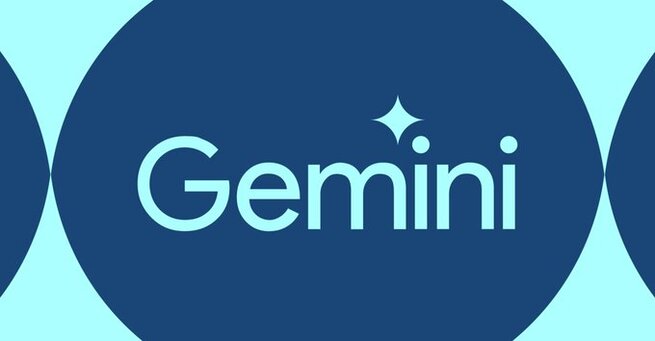
If you're wondering what Google Deep Think is—or how it relates to Gemini Pro, AI Ultra, DeepMind, or Astra—you’re not alone. With Google I/O 2025 bringing a flood of new AI announcements, users are overwhelmed by a tangled web of branding. From Deep Search to Gemini Advanced, and from Google AI Pro to Aura and Astra, it’s easy to get lost in the jargon. This confusion isn’t just frustrating—it’s undermining trust, brand clarity, and user adoption. So let’s break it down and explain why Google’s AI product naming is spiraling into chaos, and what that means for you.
During the latest Google I/O keynote, executives revealed a slew of new AI services. But instead of making things clearer, they’ve made them even murkier. For instance:
Deep Think was introduced as a next-gen tool for advanced problem solving—but it sounds suspiciously like DeepMind, Google’s own AI research division.
Gemini Advanced has been rebranded as Google AI Pro, now available with a new AI Ultra tier—yet many users are still confused about what Gemini even does.
Meanwhile, we now have AI Mode in Google Search, plus something called Deep Search, and another feature known as Search Live.
All of this creates a fractured, inconsistent naming structure that feels like a branding experiment gone rogue. And for average users—or even tech-savvy professionals—it’s hard to keep track of what product does what.
Remember Bard? That was Google's original chatbot, launched hastily during the 2023 AI gold rush to compete with ChatGPT. While Bard eventually evolved into Gemini, the initial misstep revealed Google’s rush-to-market mentality—and it seems history is repeating itself. The company folded other tools like Duet AI into Gemini, aiming for consolidation. But today, the naming is even more fragmented, with overlapping functions under completely different product titles.
This isn’t just about semantics. Poor naming hurts user retention, increases onboarding friction, and undermines Google’s enterprise AI strategy, which increasingly relies on premium subscriptions, cloud services, and productivity integrations.
With names like Google AI Pro, Gemini 2.5 Pro, and Deep Think floating around, developers and advertisers alike are struggling to position their products and target their audiences. For businesses that integrate Google AI APIs or run AI-powered campaigns via Google Cloud, clarity is essential. Misunderstanding a service name could mean wasted time, missed opportunities, or even marketing to the wrong audience.
Google has one of the most powerful AI platforms in the world, but its brand architecture is hurting user comprehension. Here's what it must fix:
Unify branding under one ecosystem: Whether it's Gemini, DeepMind, or Google AI Pro, the company needs a streamlined, user-first approach.
Use descriptive names: Names should indicate what the tool does—“AI Writing Assistant” or “Search Companion,” for example—not just sound futuristic.
Simplify subscription tiers: Gemini Pro, Gemini Advanced, AI Ultra—it’s too much. Users need to understand the difference immediately.
Communicate changes clearly: Every rebrand or launch should come with a roadmap, not a riddle.
AI is meant to simplify our lives—not complicate them. But as it stands, Google’s AI naming strategy feels more like an inside joke than a roadmap. If Google wants users, developers, and advertisers to fully embrace its tools—especially high-value offerings like AI cloud services, AI-powered search tools, and enterprise AI solutions—then it needs to prioritize clarity, consistency, and communication. Because if no one knows what product does what, even the smartest AI can’t save a broken brand.
𝗦𝗲𝗺𝗮𝘀𝗼𝗰𝗶𝗮𝗹 𝗶𝘀 𝘄𝗵𝗲𝗿𝗲 𝗿𝗲𝗮𝗹 𝗽𝗲𝗼𝗽𝗹𝗲 𝗰𝗼𝗻𝗻𝗲𝗰𝘁, 𝗴𝗿𝗼𝘄, 𝗮𝗻𝗱 𝗯𝗲𝗹𝗼𝗻𝗴. We’re more than just a social platform — from jobs and blogs to events and daily chats, we bring people and ideas together in one simple, meaningful space.